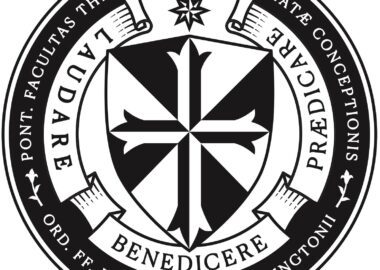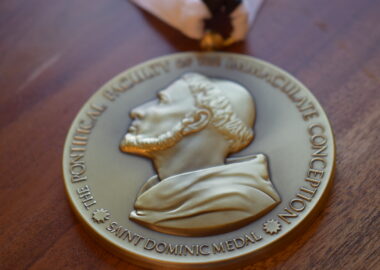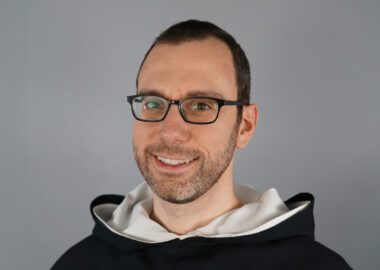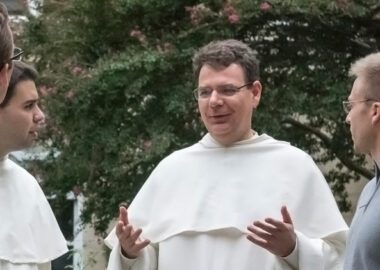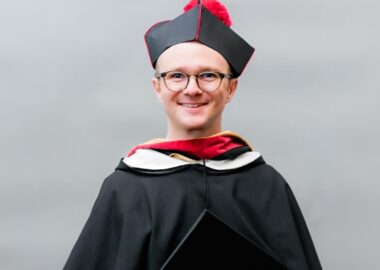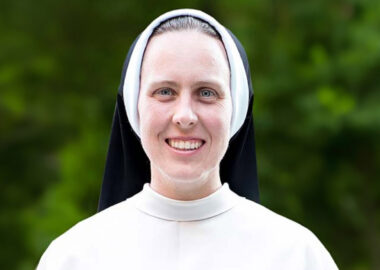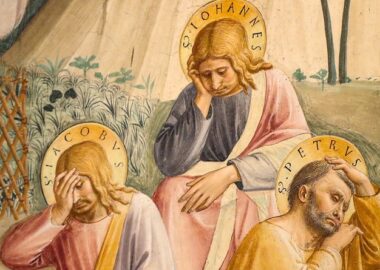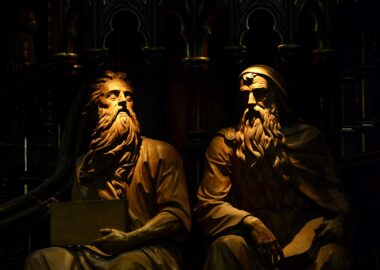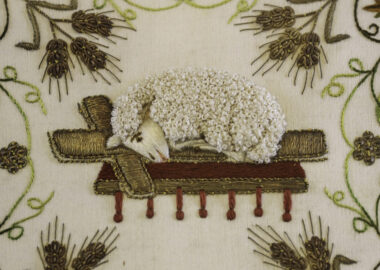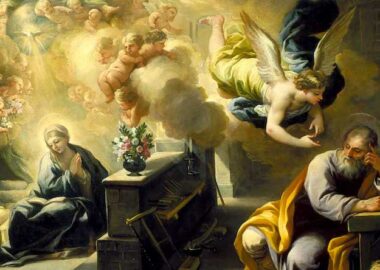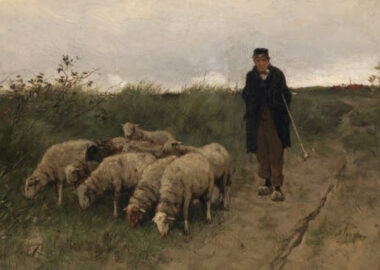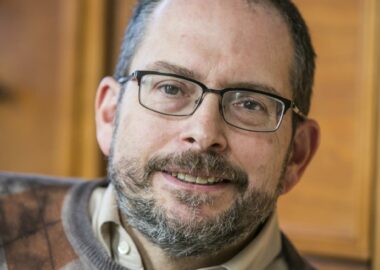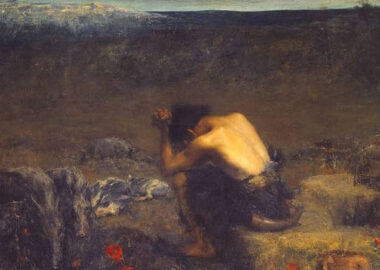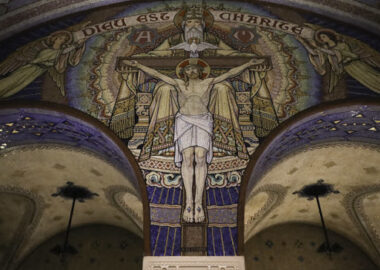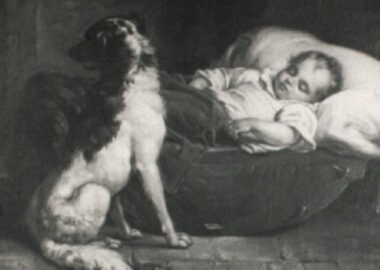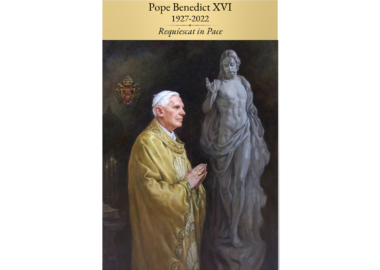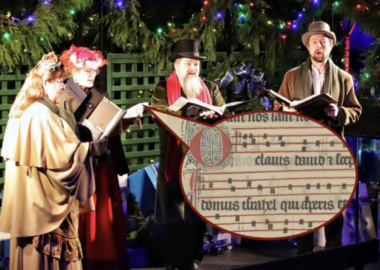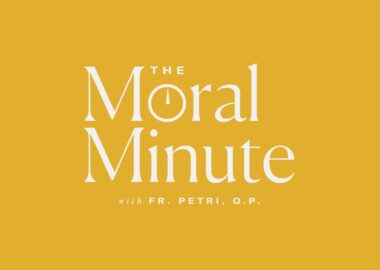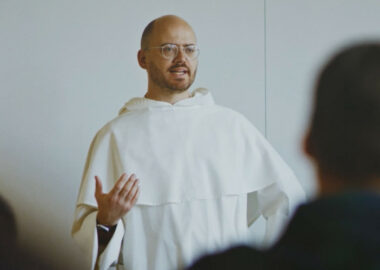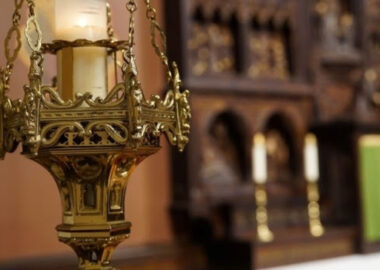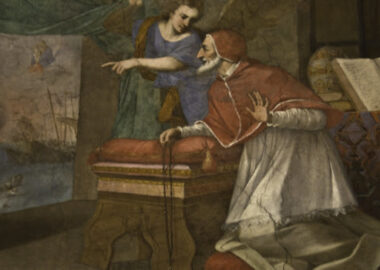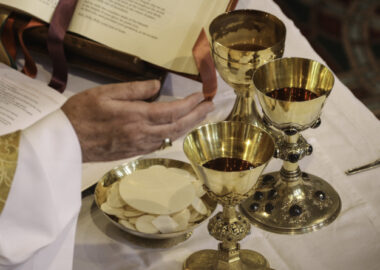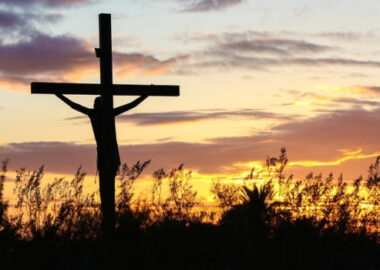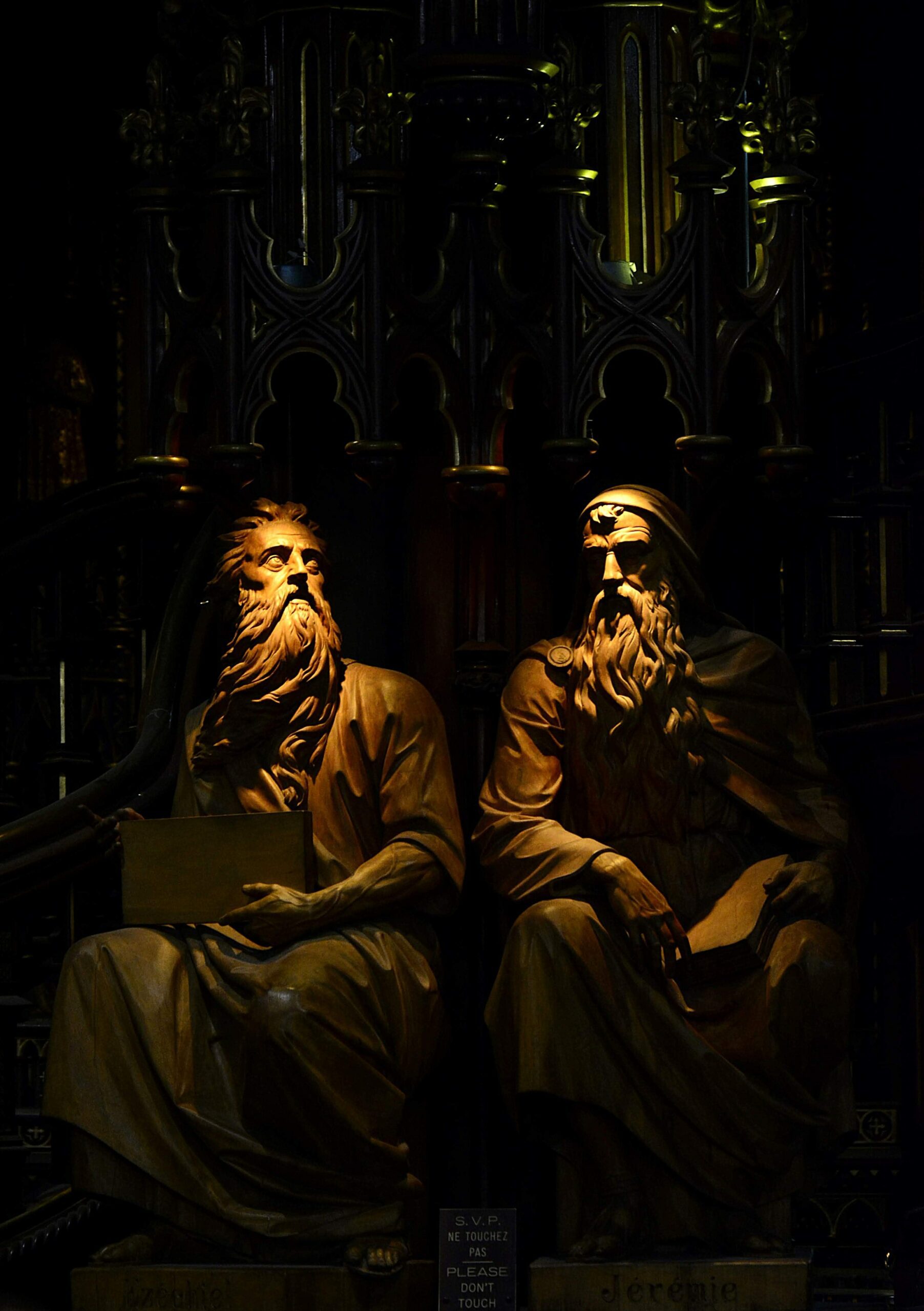
- Home
- Latest Content
- Can You See That You Are a Prophet?
Can You See That You Are a Prophet?
...the prophet is not a simple fortune teller or magician
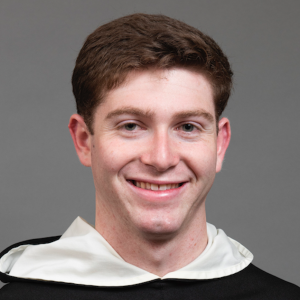
by
By Br. Thaddeus Pistrang, O.P.
on
May 16, 2023
in
Dominicana
When we think of the Prophets, we think of Elijah and Elisha performing miracles, of the words and oracles of Isaiah or Jeremiah, and ultimately of Christ, who is the fulfillment of the Old Testament Prophets. The woman at the well says to Jesus, “Sir, I can see that you are a prophet” (John 4:19) because he had told the woman “everything” she had done, manifesting himself as “a prophet mighty in deed and word before God and people” (John 4:39, Luke 24:19). Given these prophetic words and acts of Jesus and the Old Testament prophets, we might balk at the idea that “the holy people of God shares also in Christ’s prophetic office” (LG 12). The Catechism goes further to say that by baptism, “the whole People of God . . . bears the responsibilities for mission and service that flow from [the prophetic office]” (CCC 783). You bear the responsibility for prophetic mission. You bear the responsibility for prophetic service.
“We wish to see a sign” (Matt 12:38). We might be tempted to think our participation in the prophetic office is watered down and insignificant, perceiving a gap between the biblical prophets and ourselves. We expect the prophet to predict the future or to produce mighty deeds; the biblical prophets have surely done this and none as excellently as Christ. A certain knowledge of God’s plan and miracles certainly follow from the prophets, but the prophet is not a simple fortune teller or magician. Two aspects stand out as more crucial to the prophet’s identity than oracles and wonders. And it is to these fuller aspects of the prophetic life that the Church calls you.
Firstly, the prophet is called to intimacy with God. Scripture says of Wisdom, “in every generation she passes into holy souls and makes them friends of God, and prophets” (Wis 7:27). True wisdom and true prophecy belong to the friends of God. The Lord himself calls Moses his “intimate friend” (Exod 33:17). All the prophets were friends with God, with Incarnate Wisdom himself showing us the fullness of intimacy with our Father. You too have received this call to intimacy: Wisdom comes to make friends, prophets, “in every generation.”
Secondly, the prophet must intercede for the people. For this, Moses is praised in the Psalms—he stood in the breach before God (Ps 106:23). God calls the prophets to be instruments of both justice and mercy. The prophets preach justice, but pray for mercy. God is desirous of this prayer and puts it on the prophet’s heart. Christ, again, shows us the might of intercessory prayer, perhaps most evidently in his prayer for the disciples (John 17).
The prophet is a friend of God and an intercessor. It is in this context that the Holy Spirit will give the gift of prophecy (1 Cor 14). Then the words and deeds we associate with the prophets will come to light. Saint Dominic’s intimacy with God and his prayer for sinners is the perfect model. By day he preached with firm truth and proved himself to be the joyful light of the Church, but all night he prayed alone before the Lord for sinners. Dominic stood in the breach before God, speaking “to God or about God,” as friend and intercessor.
This is what it means to bear the responsibility for prophetic mission and service: to become a friend of God and an intercessor for the people: “You shall love the Lord, your God, with all your heart, with all your soul, and with all your mind. This is the greatest and the first commandment. The second is like it: You shall love your neighbor as yourself. The whole law and the prophets depend on these two commandments” (Matt 22:37-38). Our call to the prophetic office is not meant to be a pale imitation. You bear the responsibility for prophetic mission. You bear the responsibility for prophetic service. So what are you to do? Pray, pray.
✠
Photo by Sneha Cecil on Unsplash
Originally posted on Dominicana Journal
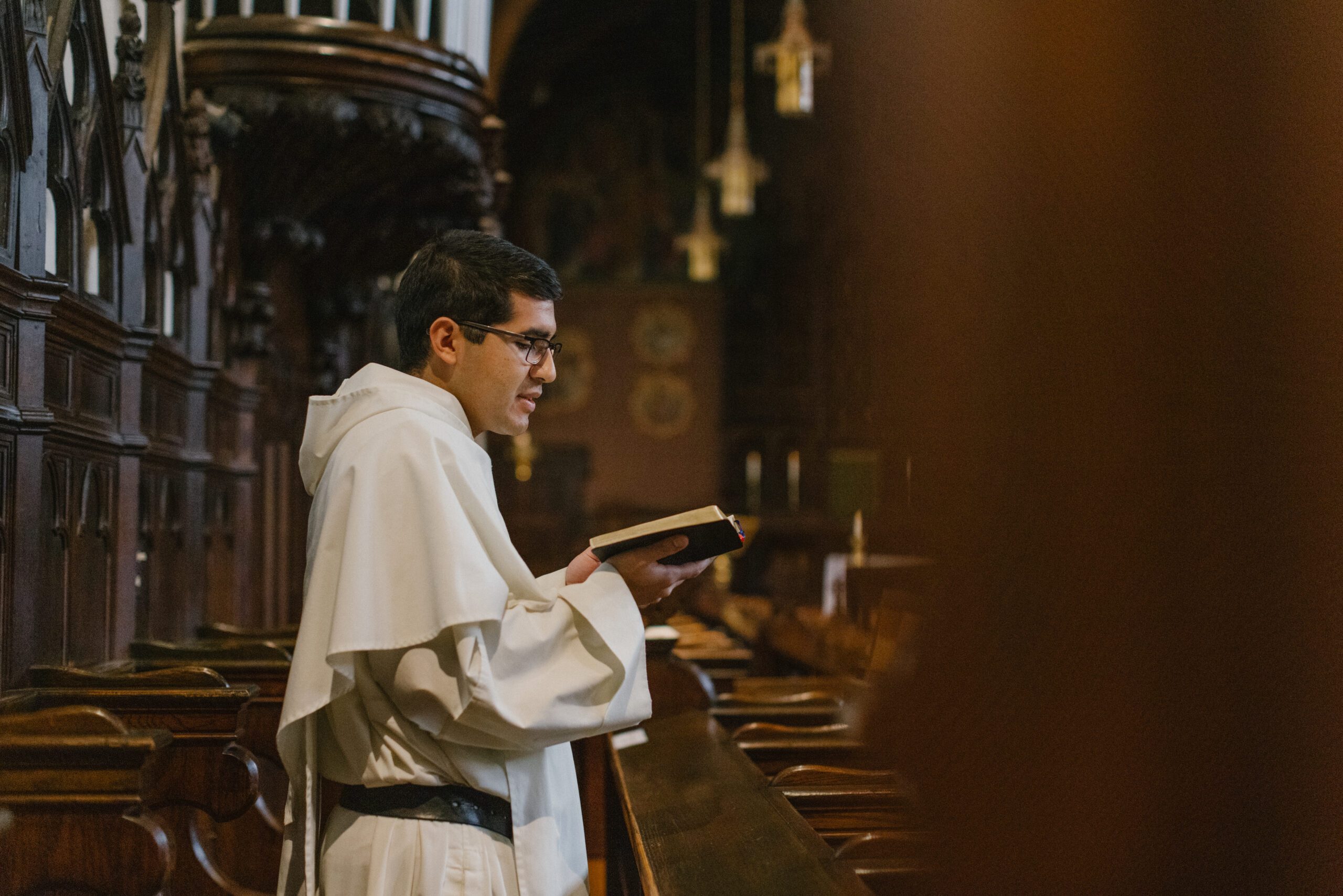
The Dominican House of Studies
Forming Preachers of Truth in Charity.
Catholic theology in the Thomistic tradition for Dominican students and all who are interested in serving the Church, evangelizing the world, and growing in virtue, wisdom, and holiness.
Give
